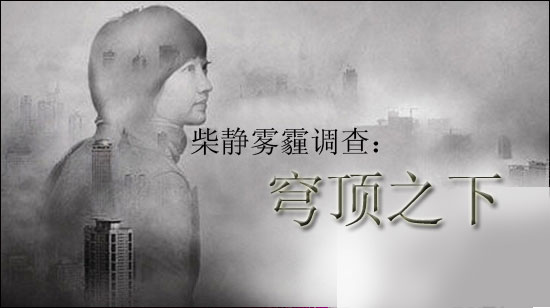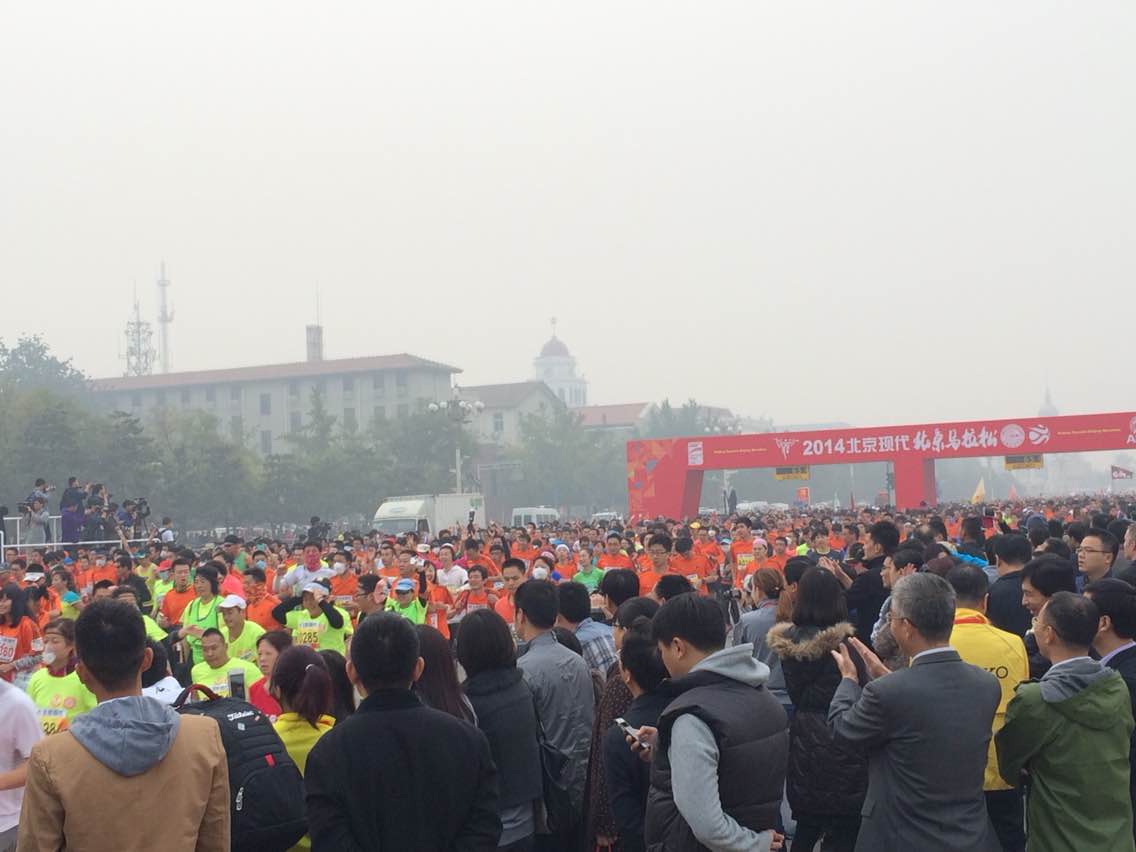On February 28, Chai Jing, the former journalist with China Central Television (CCTV) released a self-funded documentary (Under the Dome) about smog in China. It notched up 100m views through Chinese blogosphere. People were touched and shocked: “this is the first time I know what smog is and what the ordinary people should do to fight against it”. One Weibo user pointed out: “this is the most impressive smog report in China”.
Even Chai, who became a household name through in-depth investigative reporting of big national stories, including environmental problems such as coal mine pollution, admitted that:
“In the past, I thought that environment reporting is only about the factories pouring waste and exhaust into rivers and air. When I saw a big industrial chimney, I believed it had environmental problem and I should investigate that factory. Although there are plenty of news stories about smog, I am still confused about it.”
Gadi Welfsfeld once described peace journalism as “complicated” “takes time to unfold and develop” while journalists demand “simplicity” and “immediate results”. This contradiction could also be seen in environment journalism.
According to Chai, the smog has already been a serious problem in China since 2004, but the public only realized its significance in recent days. On December 2, 2004, Xinhua New Agency reported: worst fog in decades made large number of flights delayed in Beijing International Airport. Journalist thought it was “fog”, a natural state of the atmosphere, but actually it was “smog”, combined with atmospheric pollutants. Clearly, journalists lack of knowledge on the environment meant that the public took it as a natural phenomenon instead of pollution.
If we look at the news about smog during this Chinese New Year, we may find: smog is treated as a weather report more than an environmental report or pollution report. Another media focus is about government’s ban on firecrackers and fireworks due to concerns of air pollution—this topic has been repeated every New Year since 2010.
I cannot think of a single story with strong impression on this topic except Chai’s documentary—seldom could a story touch such a sensitive area: question the authorities.
The documentary is deeply critical of the state’s lax environmental laws. Chai measured the illegal pollutants coming from a coal-burning steel producer in central Hebei province. Months later, she discovered the steel maker had yet to pay any fines.
She interviewed officials from environmental protection department, traffic department, research organizations, industries, and more importantly, she questioned the manager of China National Petroleum Corporation(CNPC), this state-owned oil empire “ridiculously” decides the quality standard of oil production. I select some quotes from the interview which illustrate officials’ suggestions that nothing can be changed:
“CNPC is like a single child of the state mother, he wants to go astray when he grows up, the mother can’t do anything.”
“The steel factories are too many to be managed, although they are unlawful, once shut down, millions of employees will lose jobs. It just doesn’t work to sacrifice employment for the environment.”
Chai is always criticized for her “tender” way of questioning but I like her style. I still believe it is the most effective way of doing it in China. Sadly, even it is just a “tender” way, others could not do it.
Chai took the whole year and spent more than 1 million RMB (£103,422) to finish the interview and produce this documentary. It is impossible for other journalists, under the pressure of time and money, to do the same. Another thing we need to know is, Chai did this documentary after she resigned from CCTV.







